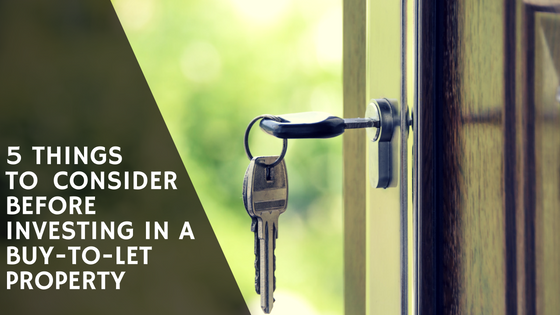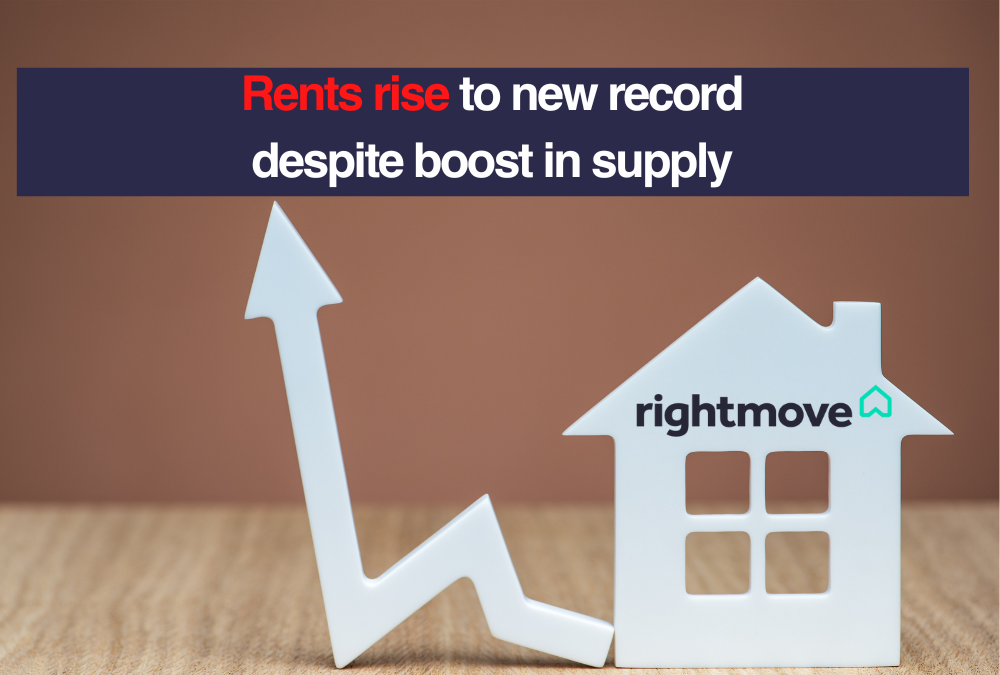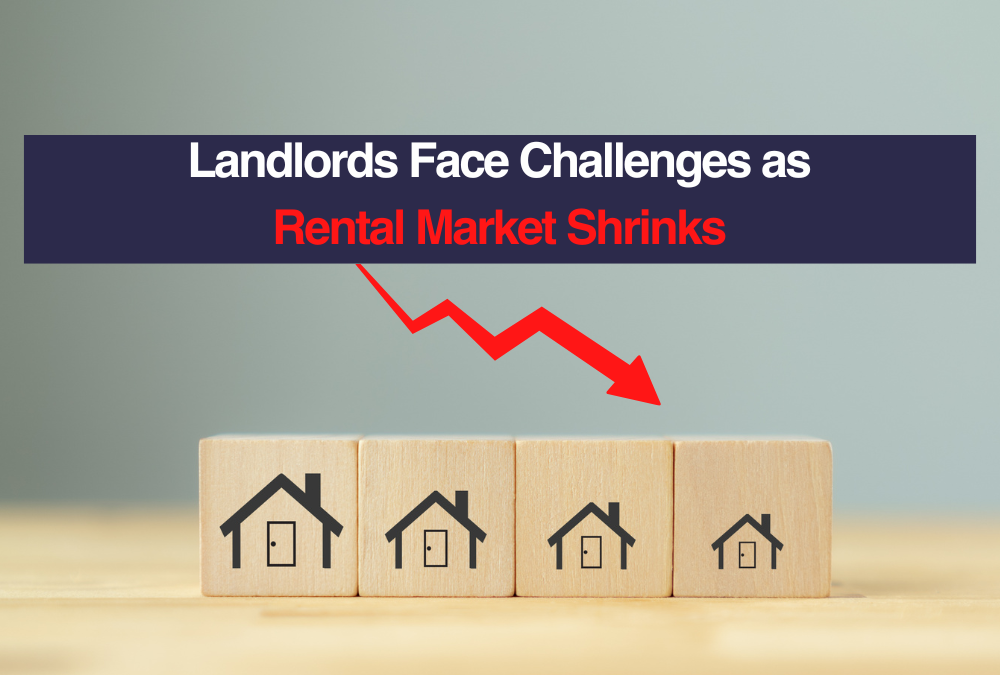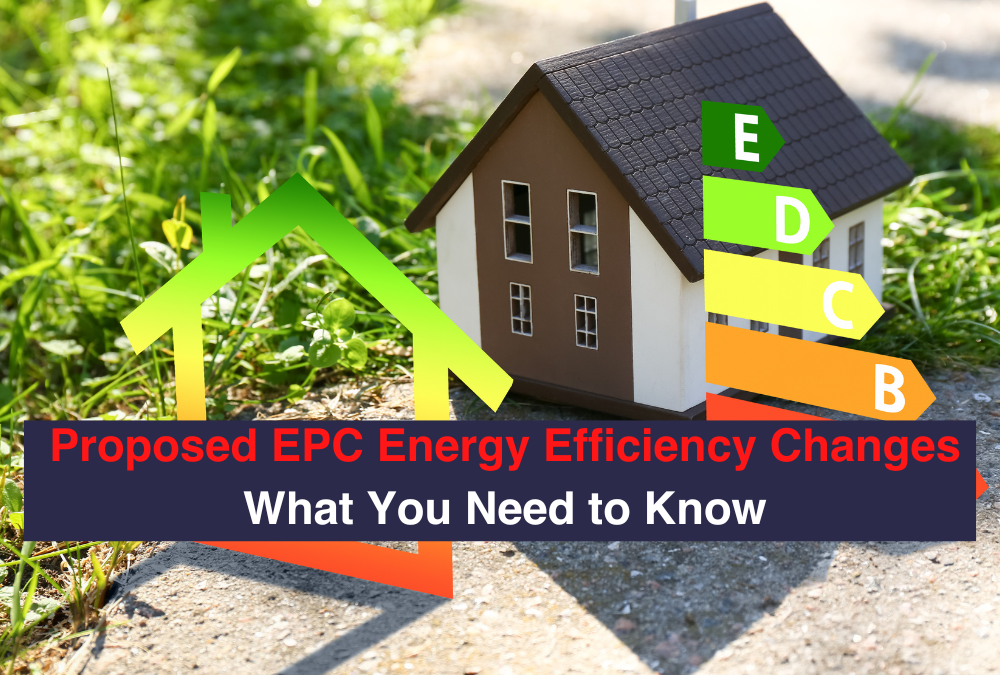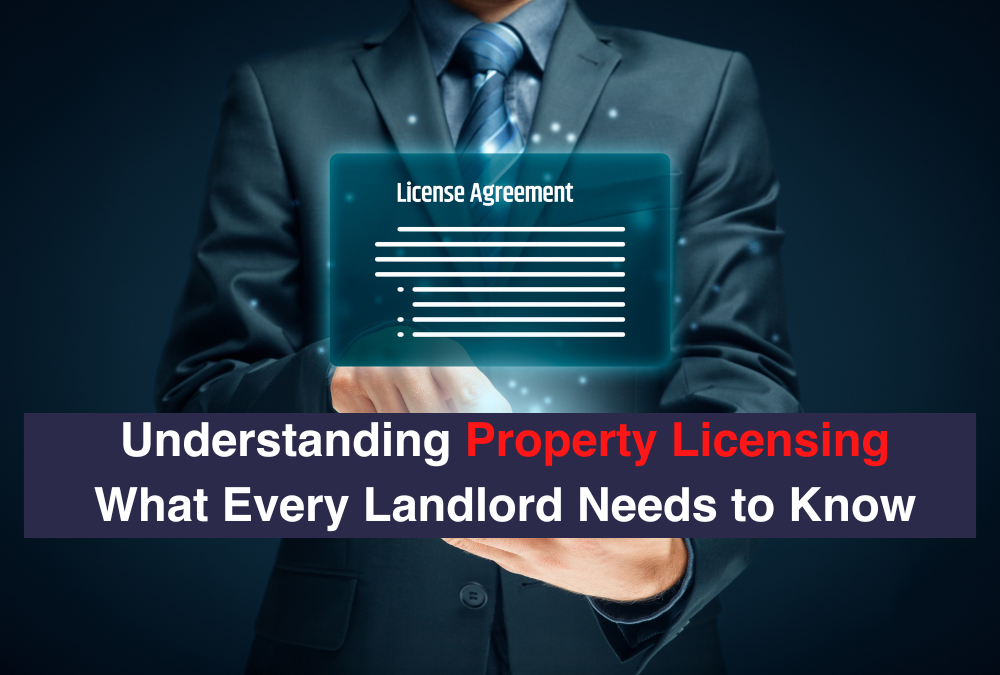With interest rates remaining low, house prices growing and the changes to pensions, more people are looking to buy-to-let as an investment option. Here are five things to consider before investing in buy-to-let property.
1. Target tenant
This is perhaps the most important decision you will make. Deciding your target market like in any other business could be the key to your success or failure. To accomplish this you will have to conduct research on “your patch” and make sure there is a demand from the type of tenant you want to attract.
In a mainly suburban residential area you will most likely target families, two and three bedroom houses are great investments for this type of target audience. On the other hand in city centre locations your target market changes towards students and young professionals for example.
The type of tenant you hope to rent to will determine the rent you can charge and the type of property you wish to buy.
2. Area
Before you set your heart on somewhere, it’s really important to consider carefully where you’re going to buy the property. Will it be in the town you live in, a nearby city or even somewhere further afield?
Ultimately this is an investment, so you need to consider the yield and rental return. Consider how you are going to manage the property and if it’s fully managed by an agent for you then you can possibly look further afield.
You’ll need to think carefully about the pros and cons of your chosen location and how well a rented property would perform in that area.
Look around and do some research into the local market. Put yourself in the shoes of your target tenants and try to understand what it is they’ll be looking for from the area they live in.
Generally if you purchase a good property in the right area commanding a good rental value is not challenging given the constant demand for quality housing stock.
3. Affordability
Becoming a landlord is a long term investment, which always has its risks. It’s imperative that you prepare for every eventuality when it comes to working out what you can afford.
In general, if you’re already a homeowner, you’re much more likely to be accepted for a buy-to-let mortgage, especially if you earn over £25,000 a year.
The process of buying a buy-to-let property is much the same as buying a private home – you’ll need to take many of the same budgetary requirements into account as when you bought your house – mortgage costs, deposit, legal fees, stamp duty etc.
You’ll also need to be able to afford to potentially pay two mortgages (your own personal mortgage and the buy-to-let one) at the same time as there may be times without rental income to help offset the costs.
Other things to consider are unexpected costs, such as necessary repairs and renovations (before, during and after a tenancy), and expected costs such as letting agents fees.
4. Legal responsibilities
Becoming a landlord means taking on certain responsibilities, from a legal perspective. Firstly, you’ll need to remember that renting out a property is like having your own business – you’ll need to declare the earnings for tax purposes.
There are other legalities you’ll have to comply with too, some of which could need assessments or certificates, which may come at a small price. Current regulations include, but are not limited to, the following:
- Gas safety certificates
- Energy performance certificates
- Protecting the tenant’s deposit
- Serving tenants with prescribed information
- Landlord license (certain areas only)
- Fire resistant furniture
- Legionnaires disease checks
- Right to rent checks
- Compliant plugs and sockets
- Safe electrical appliances
Not complying with these, and other regulations is illegal and could at the very least, land you with a hefty fine. Make sure you’re prepared to invest the time, energy and money to ensure you’re legally compliant at all times.
5. When things go wrong
Planning for every eventuality when you’re thinking of investing in buy-to-let is very important. From nightmare tenants to empty properties – lots of things could go wrong and you’ll need to have the right processes and safety nets in place to deal with them.
Do some research on legal matters, such as eviction notices, your rights, responsibilities and tenancy agreements. There are a number of resources available for you, such as The Citizens Advice Bureau.
Consider appropriate buildings and rent insurance to have in place to protect yourself from damage, voids or rent arrears from tenants.
Don’t forget tenant referencing too, you will want to be safe in the knowledge that your tenants are who they say they are and won’t have any problems paying their rent.
Prior preparation will mean that, when you’re ready to rent your property out, you’re confident that it’ll likely be a stress free, easy process for you and your tenants.
Fail to prepare, prepare to fail!!!!
Related Articles
- Buying a Buy To Let Property
- Property Investment Strategies; The Pros & Cons
- Protect Yourself From Fraud
- Starting your Property Portfolio
- Landlord’s Guide to Letting Property

